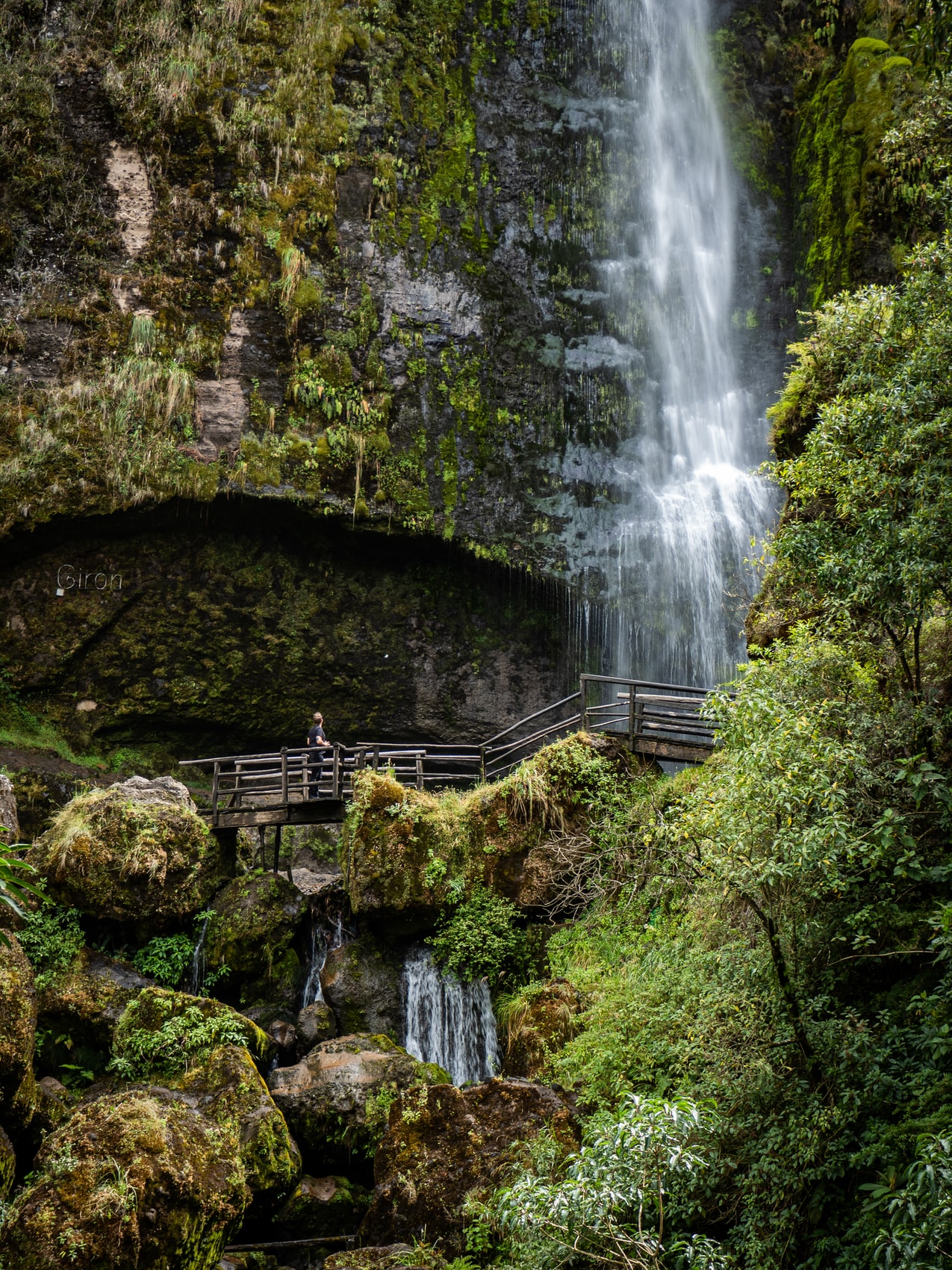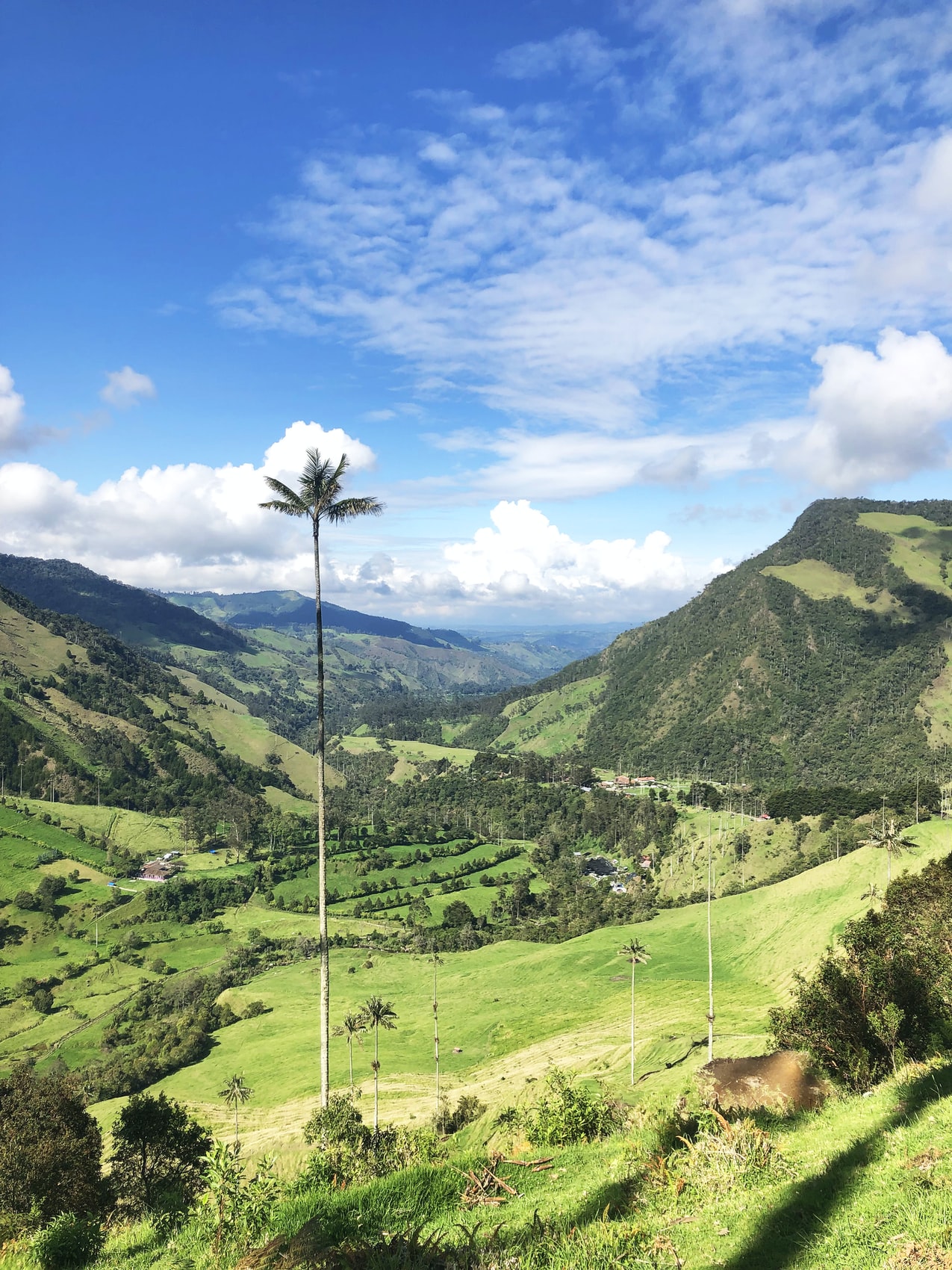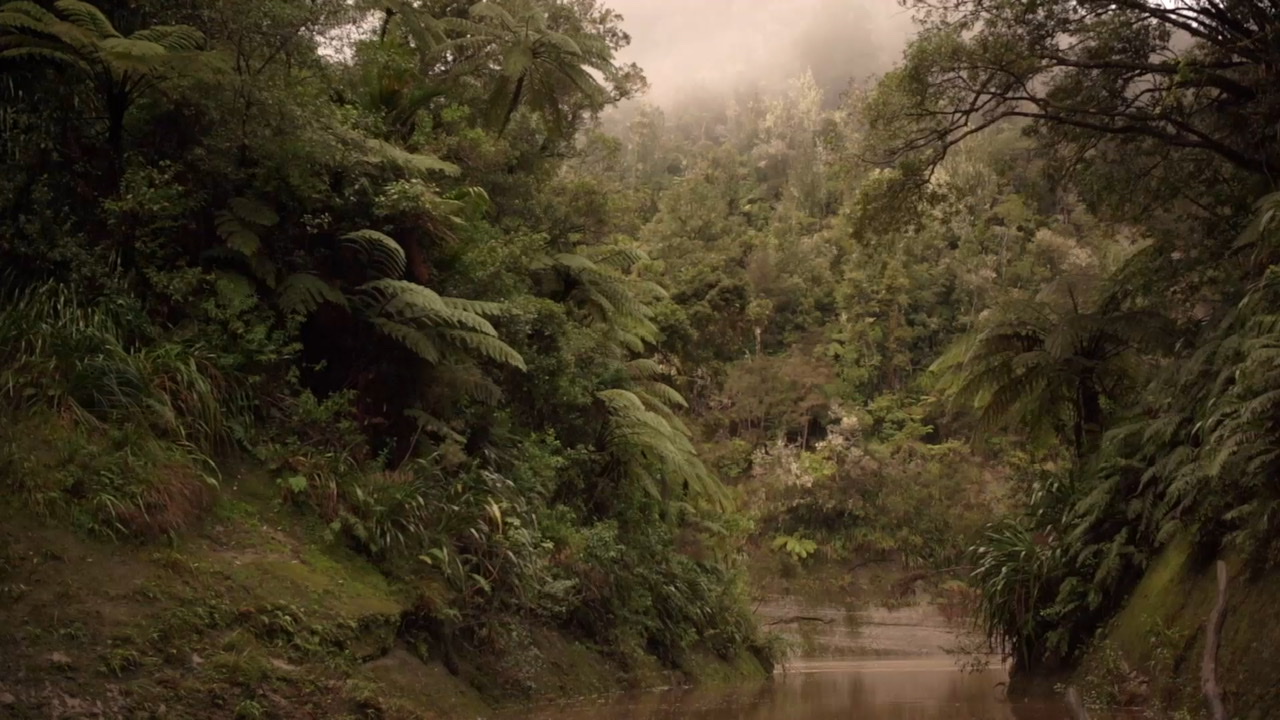
- Sustainable Planet -
- 8mins -
- 1,504 views
Four countries that have granted the natural world the same protection as humans
Here are four countries that give the natural world the same rights as humans to protect nature from destruction and exploitation and preserve our planet for future generations.
Should nature be given protective “human” rights?
The World Economic Forum recently reported on what’s becoming a rapidly growing global movement whereby environmentalists are taking a new legal route to protect the planet – vesting rivers, reefs and threatened habitats with "rights of nature" that override the long-held human right to harm. Supporters say they are starting to notch up victories and see momentum building, particularly as the rising effects of climate change spur on an openness to new ideas and untried strategies. Here are four countries that give the natural world the same rights as humans to protect nature from destruction and exploitation and preserve our planet for future generations.

Ecuador is the first country to recognise Rights of Nature in its Constitution.
Ecuador relies heavily on the income gained from exploiting its natural resources. The country’s largest export, crude petroleum, represents 29% of Ecuador’s GDP, coming in with a total value of $5.63 billion. This has caused the country to suffer from vast deforestation in the Amazon, contaminated water and widespread illness.
Ecuador is also home to at least eight tribes of indigenous peoples, most of which reside in the Amazon, that have suffered from the negative environmental consequences of the extraction of oil. After several years of worsening economic and environmental conditions, uprisings from various indigenous communities, who found themselves receiving less support from the state, while simultaneously their land was being increasingly encroached upon by oil companies, brought attention to their concerns.
Ecuador rewrote its Constitution in 2007-2008 and it was ratified by referendum by the people of Ecuador in September 2008. The new Ecuadorian Constitution includes a Chapter: Rights for Nature. Rather than treating nature as property under the law, Rights for Nature articles acknowledge that nature in all its life forms has the right to exist, persist, maintain and regenerate its vital cycles. And we – the people – have the legal authority to enforce these rights on behalf of ecosystems. The ecosystem itself can be named as the defendant.
Source: The Rights of Nature

Colombia’s top court ordered government to protect Amazon forest in landmark case
In 2018, Colombia’s highest court told the government it must take urgent action to protect its Amazon rainforest and stem rising deforestation, in what campaigners said was an historic moment that should help conserve forests and counter climate change.
In their ruling in April of 2018, the judges said that Colombia – which is home to a swathe of rainforest roughly the size of Germany and England combined – saw deforestation rates in its Amazon region increase by 44% from 2015 to 2016.
The ruling came after a group of 25 young plaintiffs, ranging in age from seven to 26, filed a lawsuit against the government demanding it protect their right to a healthy environment. The plaintiffs had said the government’s failure to stop the destruction of the Amazon jeopardised their futures and violated their constitutional rights to a healthy environment, life, food and water.
“The Supreme Court’s decision marks an historical precedent in terms of climate change litigation,” said Camila Bustos, one of the plaintiffs and a researcher at Dejusticia.
In its ruling, the court recognised Colombia’s Amazon as an “entity subject of rights”, which means that the rainforest has been granted the same legal rights as a human being.
“The ruling states the importance of protecting the rights of future generations, and even declares the Amazon a subject of rights,” Bustos told the Thomson Reuters Foundation.
The court ordered the government – both at the local and national level – along with the environment and agriculture ministries and environmental authorities to come up with action plans within four months to combat deforestation in the Amazon.
The Amazon’s destruction leads to “imminent and serious” damage to children and adults for both present and future generations, the judges said.
The ruling stated that forests were being felled to make way for more grazing and agricultural land, as well as coca crops – the raw ingredient for cocaine – illegal mining and logging.
Deforestation is a key source of greenhouse gas emissions driving climate change, which damages ecosystems and water sources and leads to land degradation, the court said.
“Without a healthy environment, subjects of law and living beings in general will not be able to survive, let alone safeguard those rights for our children or for future generations,” the ruling said.
The lawsuit follows a surge in litigation around the world demanding action or claiming damages over the impact of climate change – from rising sea levels to pollution.
Source: Reuters

The Whanganui River in New Zealand is now a legal person. So is a nearby forest
On 20 March, 2017, something remarkable happened. New Zealand recognised in law what Maori had been insisting all along: The Whanganui River is a living being. Parliament passed legislation declaring that Te Awa Tupua—the river and all its physical and metaphysical elements—is an indivisible, living whole, and henceforth possesses “all the rights, powers, duties, and liabilities” of a legal person.
This is not the only such statute. Based on the Whanganui precedent, 820 square miles of forests, lakes, and rivers—a former national park known as Te Urewera—also gained legal personhood. Soon a mountain, Taranaki, will become the third person.
For Maori leaders, the focus on legal rights is misplaced. What matters is a new orientation of humans to the natural world, one based not on rights but responsibilities.
The primary intent of New Zealand’s statutes is to address long-standing injustice. They arise from the truth-and-reconciliation journey the country has been making during the past 40 years, seeking to remedy a history of broken promises to Maori. Successive governments (known in constitutional shorthand as “the Crown”) have breached the Treaty of Waitangi, the nation’s founding document, almost since the year it was signed.
In the new legislation, the Crown issues an apology for its historical wrong-doing, acknowledging that it breached the treaty, undermined the ability of Whanganui tribes to exercise their customary rights and responsibilities in respect of the river, and compromised their physical, cultural, and spiritual well-being.
The Crown says it “seeks to atone for its past wrongs and begin the process of healing.” The Te Awa Tupua act, it says, represents “the beginning of a renewed and enduring relationship,” with the river at its center.
It’s a humbling statement for a government to make. But it doesn’t restore ownership of the river to the Whanganui tribes. Politically, that remains a bridge too far, even for a country that believes its future lies in a genuine “treaty partnership” between Maori and non-Maori.
Source: National Geographic

Bangladesh gave all its rivers their own legal rights
Bangladesh is sometimes known as the “land of the rivers.” It’s got hundreds of them — and over the years, they’ve been getting more and more polluted. But as of early July or 2019, every single one of them has a remarkable new level of protection: The Bangladeshi Supreme Court has given all rivers in the country legal rights.
Now, people who damage a river can get taken to court by the government-appointed National River Conservation Commission. They’ll be tried as if they’d harmed a living entity, because each river now has the right to life. That means the river’s government-designated human representatives can sue on its behalf when it’s being endangered.
Bangladesh isn’t the first place to pass such a law. In the US, Ohio voters in February granted Lake Erie the legal right to “exist, flourish, and naturally evolve,” and recent years have also seen national and state laws granting rights to rivers and forests from New Zealand to India to Colombia.
It’s all part of the nascent “rights of nature” movement, which argues that instead of viewing nature as property to be owned, we should recognise that it has its own inalienable rights similar to the ones we enjoy.
But even among the countries that have embraced the rights of nature, Bangladesh now stands out as having done something unprecedented. “What’s unique about Bangladesh is that they declared all rivers to have this status,” said Ben Price, the national director for the Community Environmental Legal Defense Fund (CELDF), a nonprofit public interest law firm that helps people facing threats to their local environment. By contrast, other countries have granted rights only to individual bodies of water.
The country already had fines in place to discourage people from harming the waterways, but those penalties weren’t working well enough to prevent pollution, illegal dredging, and the encroachment of human settlements. The Supreme Court hopes its landmark ruling will change that. Noting that “water is likely to be the most pressing environmental concern of the next century,” it called for rivers to be protected “at all costs.”
Source: Vox
Time to view the natural world as an equal
Granting the status of personhood to a natural environment may seem like a bizarre legal fiction, but it’s no more peculiar than the idea that corporations should enjoy that same status, which has been with us since the 1880s.
If we find it strange to view nature the way we view people, that may just be because we’ve grown up in an anthropocentric intellectual tradition that treats the natural world as an object to be examined and exploited for human use, rather than as a subject to be communed with and respected.
When you consider all the devestating effects of the destruction of ecosystems, we hope that many more countries will follow suit, especially as so many animals are going extinct.
Source: Vox

